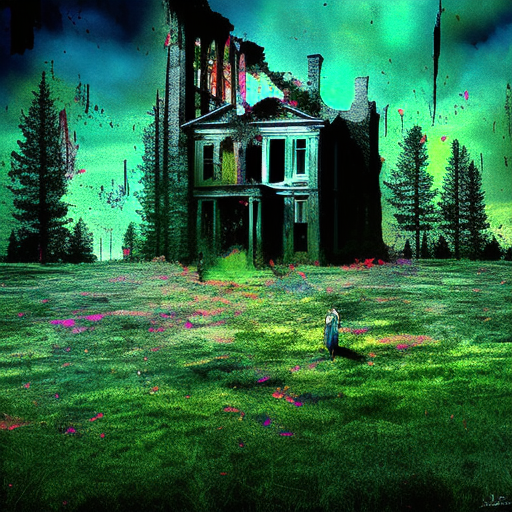One-line summary:
Who’s Afraid of Virginia Woolf? is a gripping play by Edward Albee that explores the complexities of marriage and the destructive power of illusion.
Introduction:
Who’s Afraid of Virginia Woolf? is a thought-provoking play written by Edward Albee in 196Set in the living room of a small New England college town, the story revolves around the troubled marriage of George and Martha, as they engage in a night of verbal sparring and emotional manipulation. Through intense dialogue and powerful character development, Albee delves into the themes of illusion, truth, and the destructive nature of human relationships.
The Illusion of Perfection:
In Who’s Afraid of Virginia Woolf?, Albee explores the theme of the illusion of perfection within marriage. George and Martha, a middle-aged couple, have constructed an elaborate façade of a perfect life, complete with a beautiful house and successful careers. However, as the night unfolds, the cracks in their relationship become increasingly apparent. Their marriage is revealed to be built on lies, bitterness, and unfulfilled dreams. The illusion of perfection is shattered, exposing the raw reality of their discontent.
The Destructive Power of Illusion:
Another central theme in the play is the destructive power of illusion. George and Martha use illusions and games as a means of coping with their unhappiness. They create fictional characters and scenarios, blurring the lines between truth and fiction. As the night progresses, these illusions become increasingly dangerous, leading to emotional turmoil and psychological damage. Albee highlights the destructive consequences of living in a world of illusions, where truth is obscured and reality is distorted.
The Battle of Egos:
Who’s Afraid of Virginia Woolf? also explores the battle of egos within relationships. George and Martha engage in a relentless power struggle, using their words as weapons to assert dominance over each other. Their constant bickering and manipulation reveal their deep-seated insecurities and desire for control. Albee portrays the destructive nature of ego-driven relationships, where love and compassion are overshadowed by the need to win and assert one’s superiority.
Key Takeaways:
- The illusion of perfection within a marriage can lead to its downfall.
- Living in a world of illusions can have destructive consequences.
- Ego-driven relationships often result in emotional turmoil and power struggles.
“Truth and illusion, George; you don’t know the difference.”
In conclusion, Who’s Afraid of Virginia Woolf? is a powerful play that delves into the complexities of marriage and the destructive power of illusion. Through intense dialogue and skillful character development, Edward Albee explores themes of the illusion of perfection, the destructive nature of illusions, and the battle of egos within relationships. This thought-provoking play serves as a reminder that the pursuit of truth and authenticity is essential for maintaining healthy and fulfilling relationships.












